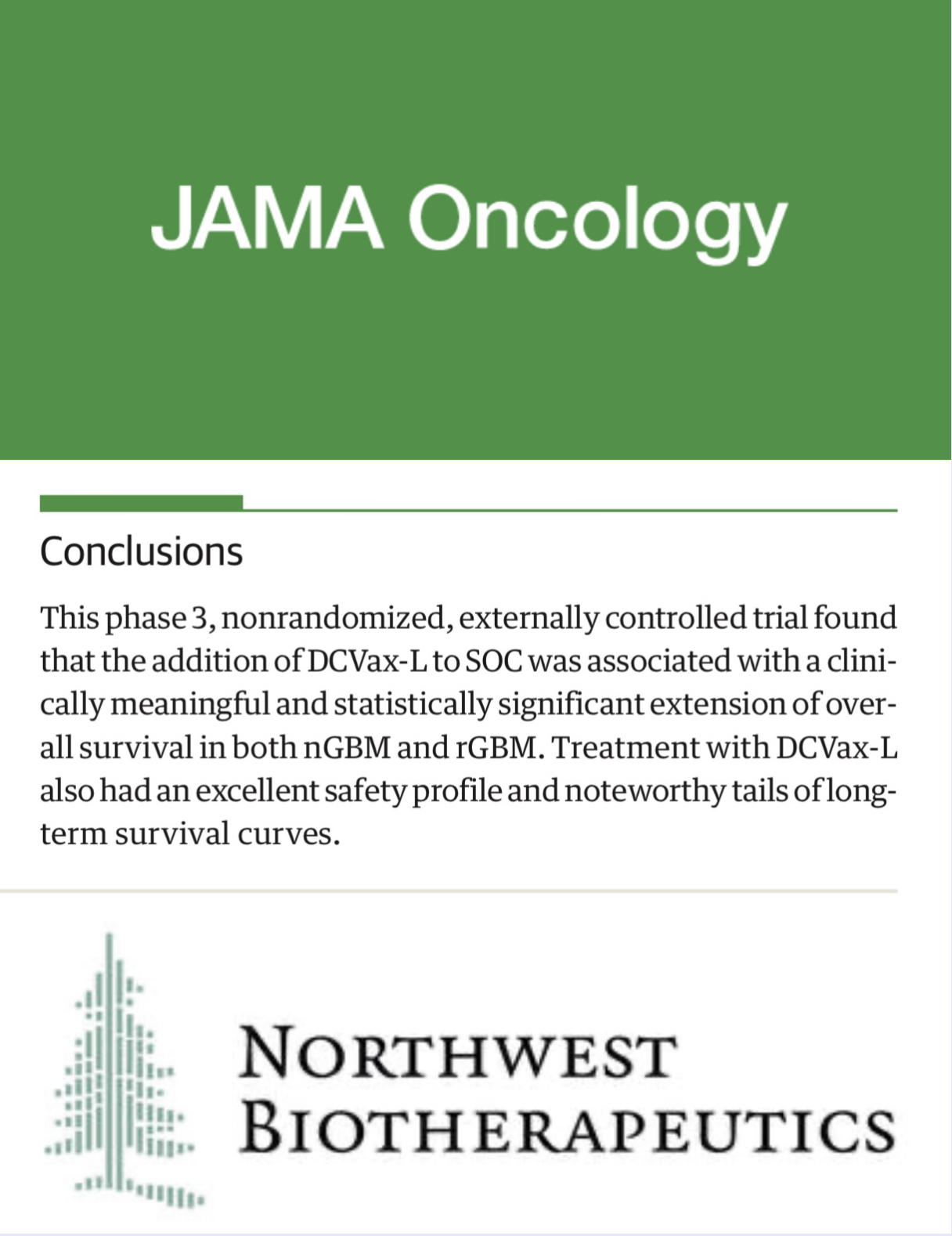COVID-19 Vaccine Booster Uptake and Effectiveness Among US Adults With Cancer.
IF 20.1
1区 医学
Q1 ONCOLOGY
引用次数: 0
Abstract
Importance Persons with cancer are at increased risk of severe COVID-19 infection, but the additional benefit of COVID-19 boosters is unclear. Objective To assess COVID-19 vaccine effectiveness (VE) and number needed to vaccinate (NNV) among persons with cancer of an additional dose of the monovalent COVID-19 vaccine. Design, Setting, and Participants Retrospective cohort study conducted in 4 health care systems in the US among persons with cancer receiving chemotherapy or immunotherapy. Statistical analysis was conducted between March 2023 and August 2024. Exposures Receipt of an additional dose of the monovalent COVID-19 vaccine before January 1, 2022, with follow-up until August 31, 2022, and the bivalent COVID-19 vaccine from September 1, 2022, to August 31, 2023. Main Outcomes and Measures COVID-19 hospitalization, diagnosed COVID-19, and COVID-19-related intensive care unit (ICU) admission. Results Among 72 831 persons with cancer (17 922 female individuals [24.6%]), 69% received a monovalent booster by January 1, 2022. During 34 006 person-years of follow-up, the COVID-19 hospitalization rate was 30.5 per 1000 person-years among patients who received a monovalent booster vs 41.9 per 1000 person-years among patients who received the primary series alone, with an adjusted VE of 29.2% (95% CI, 19.9%-37.3%) and NNV to prevent 1 COVID-19 hospitalization of 166 (95% CI, 130-244). There was also significant VE to prevent diagnosed COVID-19 (8.5% [95% CI, 3.7%-13.0%]) and COVID-19-related ICU admission (35.6% [95% CI, 20.0%-48.3%]). Among 88 417 persons with cancer (24 589 female individuals [27.8%]) with 81 027 person-years of follow-up during the bivalent period, patients who received this booster (38%) had a COVID-19 hospitalization rate of 13.4 per 1000 person-years vs 21.7 per 1000 person-years among persons who did not receive a bivalent vaccine, with an adjusted VE of 29.9% (95% CI, 19.4%-39.1%) and NNV to prevent 1 COVID-19 hospitalization of 451 (95% CI, 345-697); the adjusted VE was 30.1% (95% CI, 7.7%-47.0%) to prevent COVID-19-related ICU admission. Conclusions and Relevance In this retrospective cohort study, COVID-19 booster vaccinations were associated with significant protection against severe COVID-19, with a favorable NNV among persons with cancer. However, uptake of COVID-19 vaccine boosters was low, and interventions are therefore justified to increase COVID-19 uptake in this high-risk population.COVID-19疫苗增强剂在美国成年癌症患者中的吸收和有效性
癌症患者严重感染COVID-19的风险增加,但COVID-19增强剂的额外益处尚不清楚。目的评价新型冠状病毒疫苗在癌症患者中额外接种单价疫苗的有效性(VE)和接种人数(NNV)。设计、环境和参与者:在美国4个医疗保健系统中对接受化疗或免疫治疗的癌症患者进行回顾性队列研究。统计分析时间为2023年3月至2024年8月。暴露在2022年1月1日之前再接种一剂单价COVID-19疫苗,随访至2022年8月31日,并在2022年9月1日至2023年8月31日期间接种二价COVID-19疫苗。COVID-19住院、诊断为COVID-19以及与COVID-19相关的重症监护病房(ICU)住院。结果在72 831例癌症患者中(17 922例女性患者[24.6%]),69%的患者在2022年1月1日前接受了单价增强剂。在34 006人-年的随访期间,接受单价增强剂的患者的COVID-19住院率为每1000人-年30.5人,而单独接受初级系列的患者为每1000人-年41.9人,调整后的VE为29.2% (95% CI, 19.9%-37.3%), NNV预防1例COVID-19住院为166人(95% CI, 130-244)。预防确诊COVID-19的VE (8.5% [95% CI, 3.7% ~ 13.0%])和COVID-19相关的ICU住院(35.6% [95% CI, 20.0% ~ 48.3%])也有显著性差异。在88 417名癌症患者(24 589名女性个体[27.8%])中,在二价期间随访81 027人-年,接受该加强剂(38%)的患者的COVID-19住院率为每1000人-年13.4人,而未接受二价疫苗的患者为每1000人-年21.7人,调整后的VE为29.9% (95% CI, 19.4%-39.1%), NNV预防1次COVID-19住院率为451人(95% CI, 345-697);调整后的VE为30.1% (95% CI, 7.7% ~ 47.0%),可预防与covid -19相关的ICU住院。在这项回顾性队列研究中,COVID-19加强疫苗接种与预防严重COVID-19的显着保护相关,在癌症患者中具有良好的NNV。然而,COVID-19疫苗增强剂的接种率很低,因此有理由采取干预措施,增加这一高危人群的COVID-19接种率。
本文章由计算机程序翻译,如有差异,请以英文原文为准。
求助全文
约1分钟内获得全文
求助全文
来源期刊

JAMA Oncology
Medicine-Oncology
自引率
1.80%
发文量
423
期刊介绍:
JAMA Oncology is an international peer-reviewed journal that serves as the leading publication for scientists, clinicians, and trainees working in the field of oncology. It is part of the JAMA Network, a collection of peer-reviewed medical and specialty publications.
 求助内容:
求助内容: 应助结果提醒方式:
应助结果提醒方式:


